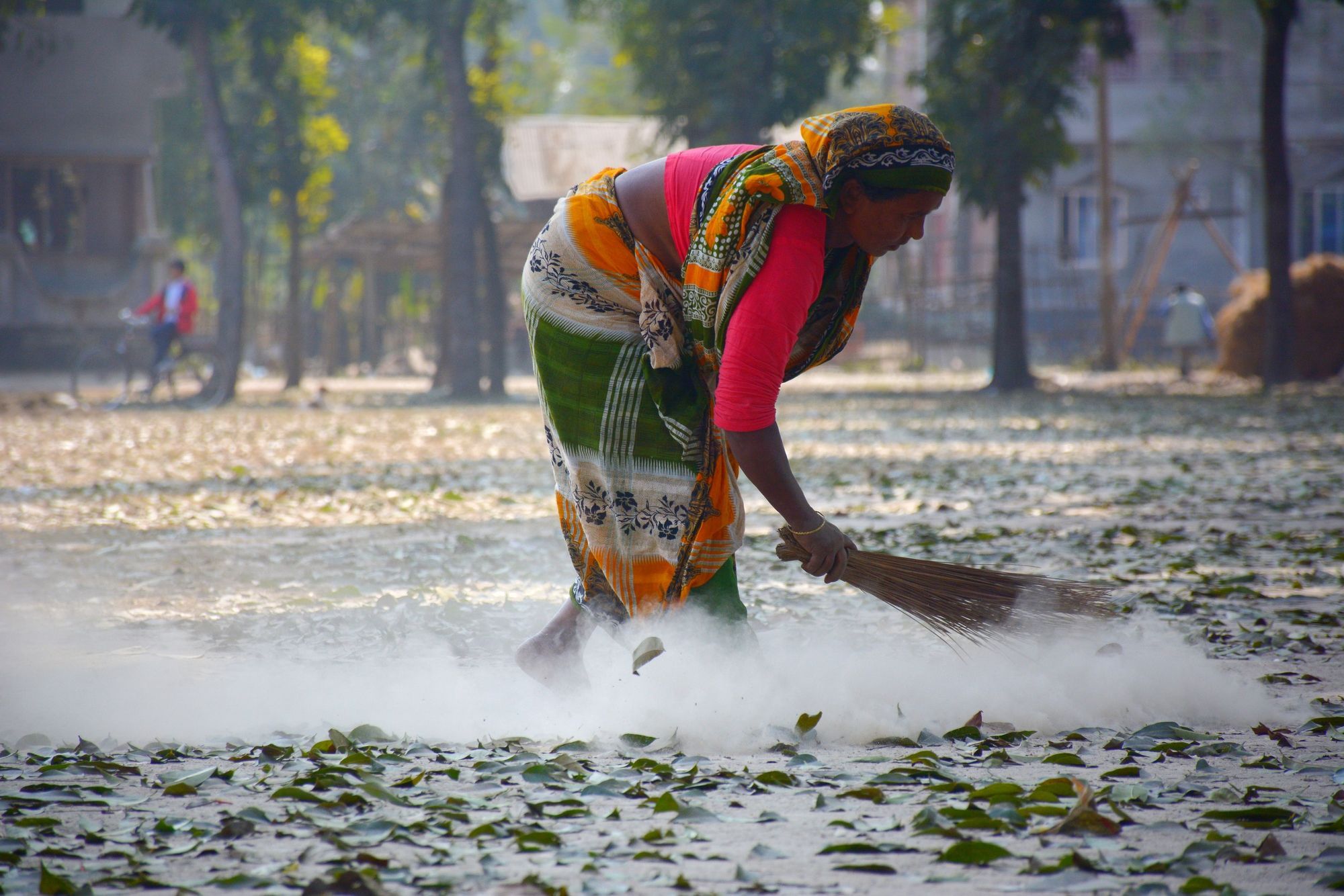
💰Even little financial help can achieve great results
A one-time effort to improve the economy of the very poorest can provide a better economy for at least a decade.
Share this story!
Ten years ago, researchers at MIT initiated an experiment to see if short-term financial support for the poorest could give them better living conditions in the long run. It turns out that the improved economy lasts for many years after the aid is stopped.
In the experiment, 266 poor households in India were offered financial assistance. In many cases, the help consisted of the household receiving animals such as a cow or some goats, small financial support for a year, and financial advice.
Ten years after the support was given, it turns out that the households that received the support did better financially than a control group. After 18 months, the monthly income of supported households was $ 170, while the other households were $ 144. After ten years, the support households earned $ 680 while the others earned $ 497 per month.
The economic development in India has meant that all households in the study have better finances, but the households that received support have done better than others.
Initially, the income from the animals they received made the most significant difference. But the biggest difference over time was that the small extra income meant that households could invest money in other things that provided additional income.
When the researchers judged the program's success viewed as an investment, the return on investment was calculated to be 4.33 times.
According to the researchers, a key to the success of programs to lift the very poorest out of poverty is to give people alternatives instead of locking them into a program that makes them dependent on a particular support program.
"Our results show that in a dynamic economy, it is not enough to rely on being able to hang on to a support program. Even the very poorest must be able to adapt to changing conditions. This program gave them the financial flexibility and confidence to move on to something new if a previous source of income began to look uncertain", says Abhijit Banerjee, an economics researcher at MIT and one of the researchers behind the study, in a press release.
By becoming a premium supporter, you help in the creation and sharing of fact-based optimistic news all over the world.


